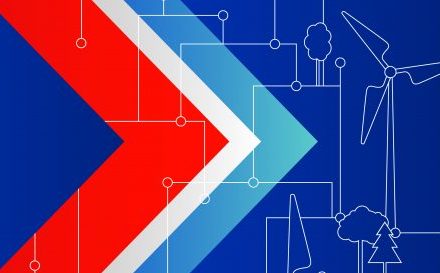05 - Solar panel detection
Automatic Detection of Solar Energy Systems using Deep Convolutional Neural Networks
The Swiss renewable energy statistics estimate the use of solar energy on the basis of market surveys. To validate these statistics, existing solar installations are to be identified and quantified fully automatically using deep learning algorithms based on aerial photographs. Thanks to this method, the current inventory of installed solar systems can be determined more precisely. Crossed with weather forecast data, the energy output of the installed photovoltaik could be predicted. In addition, the results would allow to plan and evaluate the implementation of the Energy Strategy 2050.
Challenge
Analysing Swisstopo Aerial photographs with the help of artificial intelligence to either:
· Calculate solar wattage of individual houses and a whole city depending on weather > predictive modeling maybe as an app
· Identify (large) roofs that don’t have solar panels yet installed although their geometric potential is great maybe as a webapp / webgis
Data
- https://opendata.swiss/en/dataset/luftbilder-swisstopo-farbig
- Swissimage at 10cm resolution, 5000 MPx per User
- sonnendach.ch
- meteoswiss
- Rooftop photovoltaic (PV) potential data for the Swiss building stock: https://zenodo.org/record/3609833#.YPB2ch1CRE4
Previous
Energy & Climate Hack

